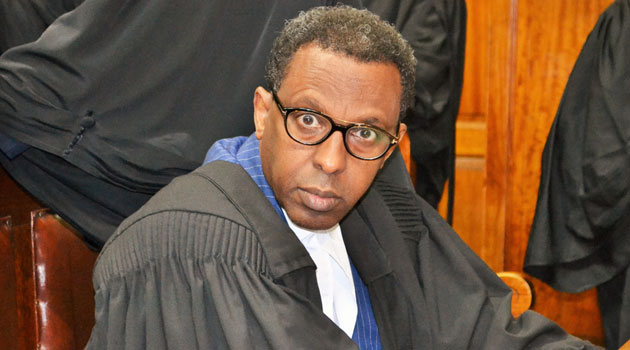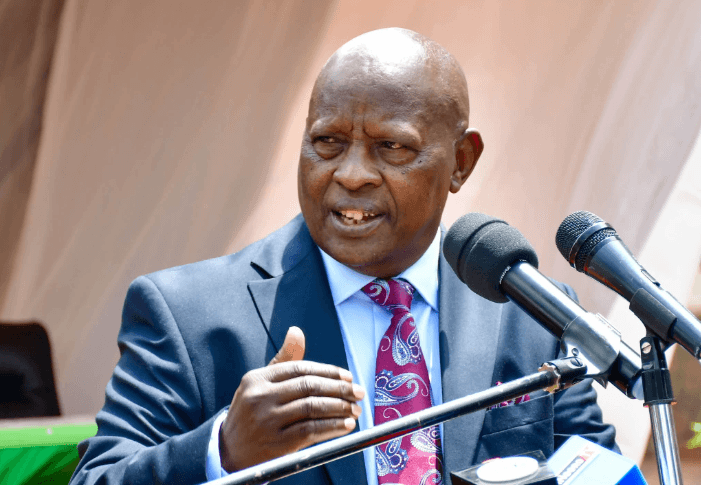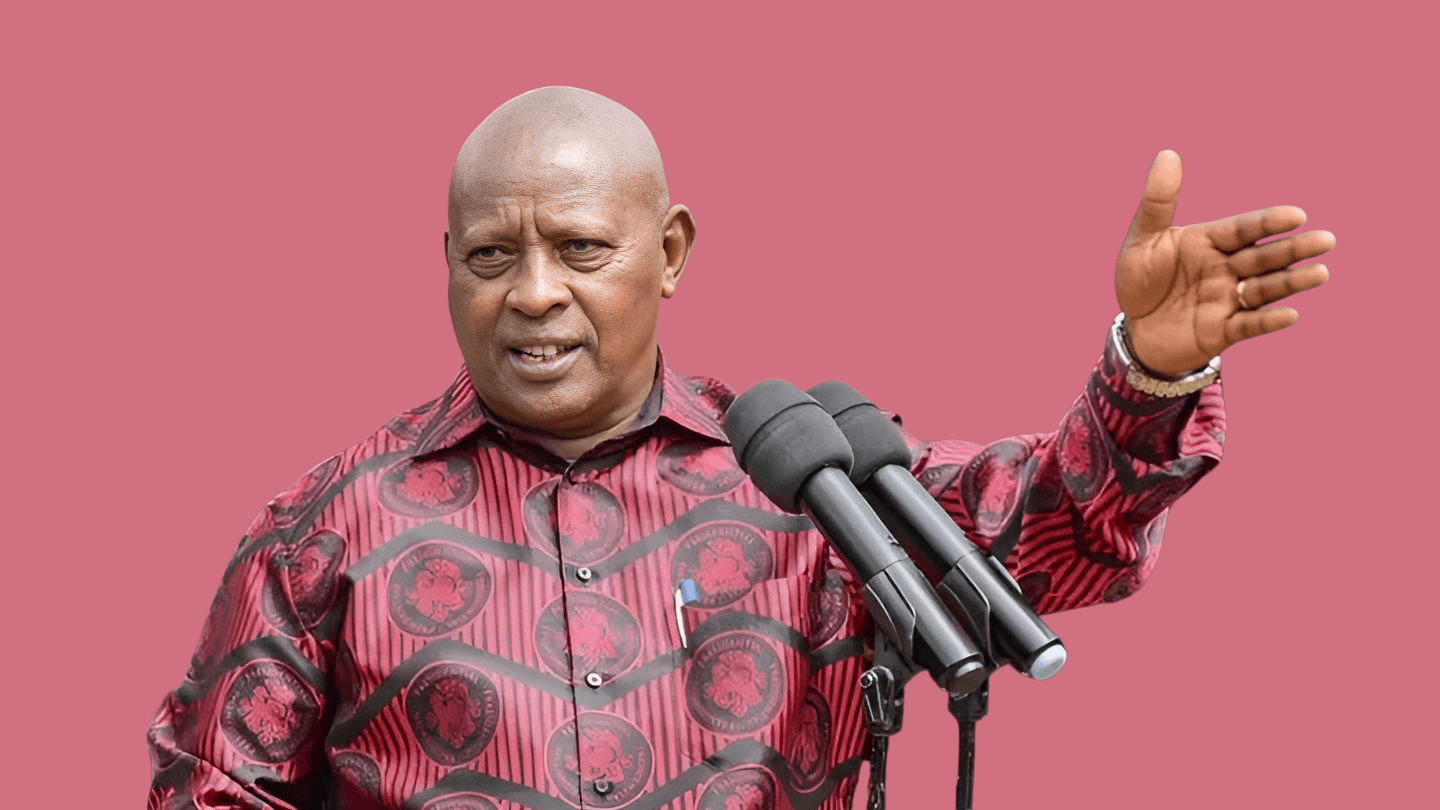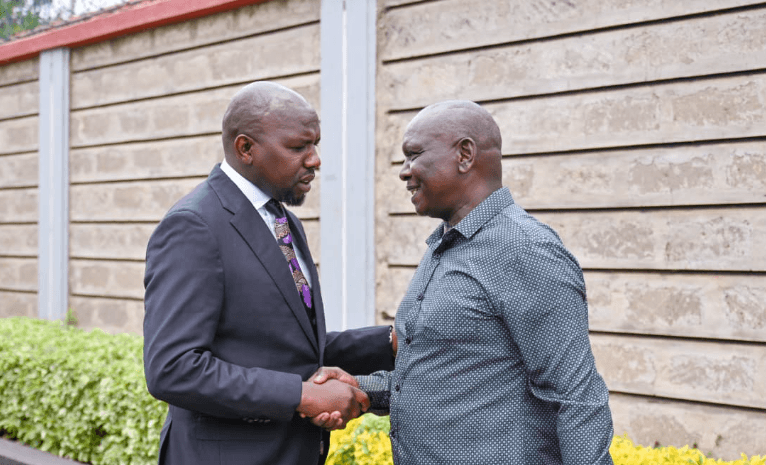

The Supreme Court has reiterated it will not hear any matters where the law firm of Ahmednasir Abdullahi is appearing before it.
Led by Chief Justice Martha Koome, the Supreme Court judges said the decision they made on January 23 last year banning the senior counsel and all advocates under his firm from appearing before them is still in force.
The court at the time disqualified itself from handling any matters from the senior counsel’s firm over what they termed “continued unsubstantiated attacks with the aim of damaging the reputation of the supreme judges”.
But yesterday, an advocate from the ‘banned law firm’ appeared before the supreme judges for the hearing of an appeal on whether or not children born out of wedlock are entitled to benefit from the estate of their deceased Muslim father.
Advocate Asli Osman, representing one of the parties, identified as Fatuma Athman, pleaded with the judges to lift the ban as they have nothing to do with the sentiments expressed by Ahmednasir.
Lifting the ban, she said, will allow the matter to proceed.
But Koome said the appellant (Fatuma) has all along been aware of their stand after they disqualified themselves from handling any matters filed by the senior counsel or his law firm.
She said even with this knowledge, there has been no notice of change of advocates.
“The appellant is also not present in court to inform the court on directions she wants to take,” Koome said.
The respondent on the other hand told the judges they are apprehensive that by the time the issue of representation is sorted out, there will be nothing to share from the estate of the deceased even if they win the case.
The judges heard there exists an interim order that allows Fatuma to continue drawing Sh300,000 per month for maintenance and school fees.
“The estate we are dealing with is a lean one and my fear is by the time the issue of representation is sorted, there will be nothing to share,” the advocate representing the respondent said.
The supreme judges subsequently directed that the registrar of the Supreme Court issue a notice to Fatuma to appear in court within 14 days and indicate how she wishes to proceed with the case.
In closing, Koome said in the event she has not regularised the issue of representation, order blocking the other wife from demanding part of the wealth will stand automatically vacated.
The matter will be listed for hearing on the next session of the court.
The case involves the estate of Mombasa tycoon Salim Juma Hakeen who died without a will on February 23, 2015, in Tanzania.
Widow Fatuma maintains that children born out of wedlock are not entitled to benefit from the estate of their father under Islamic law.
She claims she was the lawful wife of the deceased having been married through Islamic law on August 4, 2006. They had four children.
She also claims that the respondent was not a wife to the deceased and her “illegitimate children cannot inherit the estate of their father”.
The respondent, however, argues that she was married to the deceased in December 2011.
They had four children. Hakeen, according to court documents, had 10 properties in Diani and Mtwapa, cars and several bank accounts.
In 2023, the Court of Appeal held that it’s unfair and discriminatory for children born out of wedlock not to benefit from the estate of their deceased father.
Justices Pauline Nyamweya, George Odunga and Gatembu Kairu declined to uphold an Islamic law that provides that children born out of wedlock are not entitled to benefit from the estate of their deceased father.
They said any cultural practice that discriminates against children on the ground of their parents’ marital status must be abhorred.
"To
deny children born out of wedlock the benefit which accrues to other children
born in wedlock on the basis of the alleged ‘sins’ committed by their parents,
in our view cannot be justified since it would mean that this court would be
adopting ‘hurtful discrimination and stereotypical response’ to a clear case of
discrimination,” they said.










